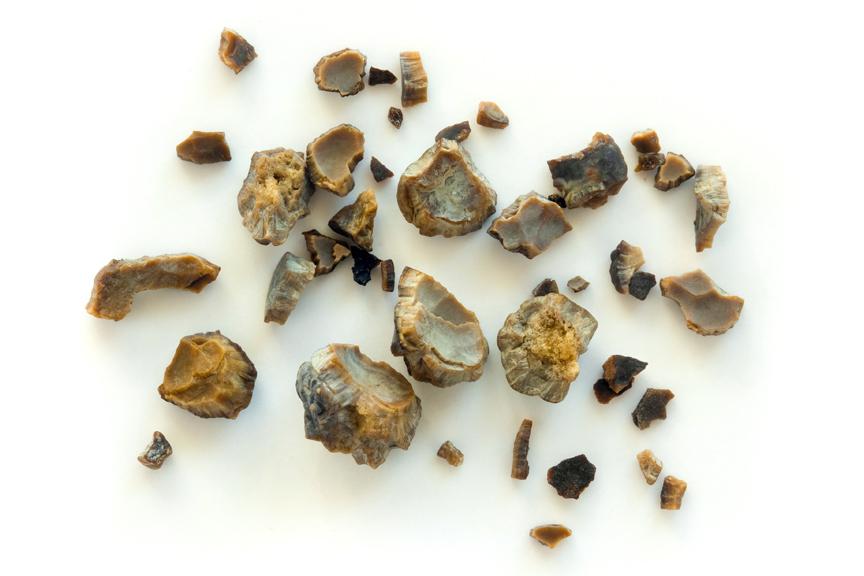
What is Extracorporeal Shock Wave Lithotripsy (ESWL)?
Extracorporeal Shock Wave Lithotripsy (ESWL) is an innovative treatment method for kidney stones. It essentially uses high frequency sound waves from an external source (outside the body) to break kidney stones into small pieces, and allow them to pass through the urinary tract.
What are the main advantages of this approach?
The major advantages of this approach includes least invasive options, high success rate – in the range of 80-90%, and minimal risk of complications. Further, the unit can be used in children and elderly as well, where other procedures prove to be highly risky. Significantly, lithotripsy treatment method doesn’t require anaesthesia or hospitalisation, and can be done as a day-care procedure. Further, the risk of infection is minimal, and causes no external wounds or scars. Finally, there is only a minimal need for analgesics post procedure, as there are no incisions. Using both X-ray and USS guidance all types of stones can be exactly located and treated. Another advantage is that, multiple sessions of this procedure can be done, if required.
Can you explain the procedure?
The procedure is quite simple. Basically the patient will lie down on an operating table with one side of his/her body positioned towards the shock-wave generator. The exact location of the stone will be determined by an ultrasound or X-ray.
Which are the cases when lithotripsy is not recommended?
It is obvious that lithotripsy has a number of advantages, and has redefined the approach to treating kidney stones. However, if the patient is pregnant, or has a high risk of severe bleeding, then lithotripsy is not advisable. It is also not recommended in cases where there are uncontrolled infections, or one’s physique makes it difficult for the stone to be reached. Lithotripsy is not done if there is any anatomical obstruction in the urinary tract, below the stone or in the bladder; or if the stone is very hard or large (>3cm).
—[email protected]
Dr Mahesh Krishnaswamy, M.S, M.Ch, Urologist, Burjeel Hospital, Muscat